On a hot June morning, a high school student wearing safety glasses carefully held tweezers at a lab table. She had to pick up a cantilever probe—a piece of metal smaller than a grain of rice—to feed into the atomic force microscope (AFM) behind it.
“Don’t worry! I might mess it up,” encouraged Muriel McClendon, a graduate student at Chicago State University, part of a summer quantum sensing program that brings local students to labs to learn about quantum technology.
This scene in Chicago is not simply an educational activity, but also reflects a strong global trend taking place in the field of quantum education (GDLT).
Comprehensive model from high school to graduate school
The University of Chicago has built an impressive GDLT ecosystem through the Chicago Quantum Exchange (CQE) - one of the world's largest collaborative networks in quantum science .
CQE not only connects top universities in the US such as the University of Chicago, University of Illinois (Chicago), Harvard University..., but also links with national laboratories and industrial partners.
What makes the Chicago model different is its “high school to career” training strategy.
The summer quantum sensing program at Chicago State University has grown from 12 students initially to 24 in its third year, showing growing interest.
Students not only have access to state-of-the-art equipment such as scanning electron microscopes (SEM), but also practice in laboratories at the University of Chicago and Fermi National Laboratory.
“If we want to develop a quantum workforce, we must first make sure people know what quantum science is,” emphasizes Dr. Valerie Goss, Director of Workforce Development at QuBBE (Quantum Challenge Institute for Biophysics and Bioengineering).

Students learn about quantum technology at Chicago State University (Photo: Chicago).
This philosophy has created a positive domino effect as many students who have participated in the program have gone on to attend prestigious universities such as Yale, the University of Michigan, and the Pritzker School of Molecular Engineering.
At the undergraduate level, the University of Chicago pioneered a molecular engineering bachelor's program with a quantum concentration—one of the first initiatives in the world to formally train quantum engineers at the undergraduate level.
The school also offers one of the nation's first Quantum Science and Engineering PhD programs, with 100% of doctoral students beginning research in their first year.
The race for huge investment in quantum technology in the world
The year 2025 marks a pivotal moment in the history of quantum technology as the world witnesses the transition from theory to commercial products with real-world applications.
According to the Australian Strategic Policy Institute (ASPI), China has the highest level of public funding allocated to quantum technologies (CNLT) with more than 14 billion USD, followed by the European Union (EU) with 7.2 billion USD.
China has invested more than $15 billion in quantum research through the National Institute of Quantum Information Sciences, while the US has also passed the National Quantum Initiative Act with a budget of $1.2 billion for the period 2023-2025.
Major technology corporations such as Google, IBM and D-Wave are developing quantum computing systems with performance millions of times more powerful than traditional computers.
Google with its 128-qubit (quantum bit) Willow chip achieved an error rate of less than 1%, IBM with its 1,121-qubit Condor and 133-qubit Heron with modular interconnectivity, demonstrating that financial resources combined with top research teams make significant progress.
Vietnam in the Quantum Revolution: From Beginnings to Strategic Vision
In the above global context, Vietnam is also taking encouraging steps in the field of quantum education and research.
Deputy Minister of Science and Technology Pham Duc Long had a working session with Google to discuss cooperation in research and development of quantum technology, and support for small and medium-sized enterprises in digital transformation on the AI platform.
Mr. Doron Avni, Google Vice President in charge of emerging markets, expressed his impression of Vietnam's strategic vision and determination for digital transformation, demonstrated through Resolution 57-NQ/TW of the Central Committee of the Communist Party of Vietnam.
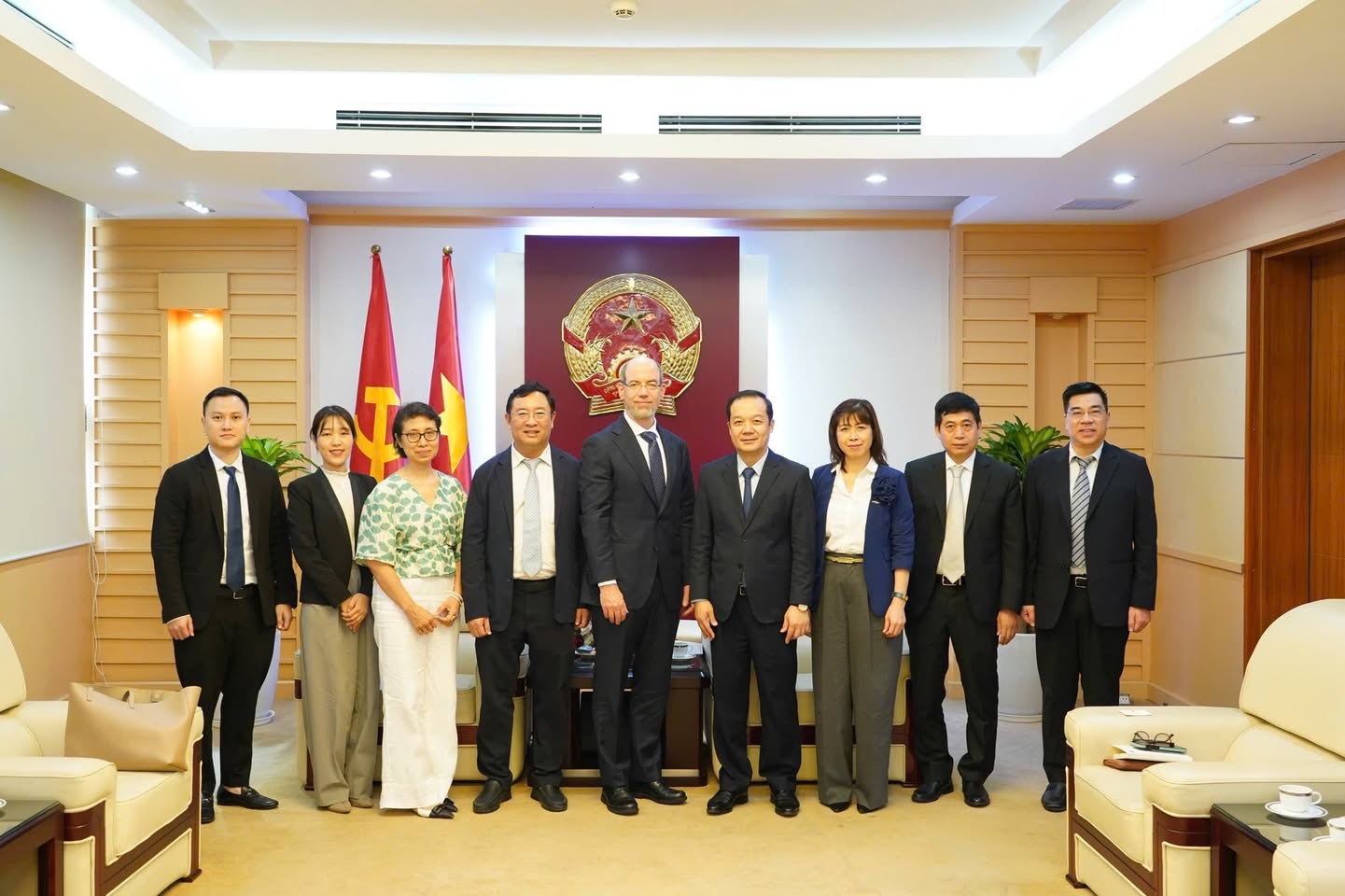
Deputy Minister of Science and Technology Pham Duc Long in a meeting and working session with Google (Photo: Ministry of Science and Technology).
Resolution 57-NQ/TW has identified CNLT as one of the strategic technologies that Vietnam prioritizes investment in.
The Action Plan to implement this Resolution sets the goal of Vietnam becoming a developed, high-income country by 2045, in which CNLT plays an important role.
Specifically, by 2030, Vietnam aims to have at least 10 digital technology enterprises with a value of 1 billion USD or more.
Advances in quantum education in Vietnam
GDLT activities in Vietnam have begun to appear systematically. The Vietnam Institute for Advanced Study in Mathematics (VIASM) plays a pioneering role in organizing courses and seminars on CNLT.
The course “Quantum Computing: Theory and Practice” jointly organized by VIASM and the University of Science attracted students from many universities, research institutes and businesses.
In particular, this program allows students to directly program on real quantum computers through IBM's cloud platform, helping them experience quantum programming in a practical way. Students are introduced to concepts such as Hadamard gates, 2-qubit gates (quantum bits), amplitude amplification algorithms and Grover algorithms.

On the occasion of 2025 being chosen by the United Nations as the International Year of Quantum Science and Technology (IYQ), VIASM organized a short course and workshop on “100 Years of Quantum Science and Technology”, attracting more than 50 participants from students to business experts.
The course focuses on directly programming the Grover Search algorithm, an important quantum algorithm that takes advantage of quantum phenomena such as superposition and entanglement to explore multiple solutions simultaneously.
Another positive sign is that for the first time, the Quantum Summer School was held in Vietnam, at the International Centre for Interdisciplinary Science and Education (ICISE) in Quy Nhon, with the participation of 22 leading scientists in the world, including 4 professors who have won the Nobel Prize in Physics.
This program focuses on quantum field theory and quantum gravity, thereby demonstrating the international stature of quantum research activities in Vietnam.
International cooperation: An important bridge for development
Vietnam is actively expanding international cooperation in the field of nuclear power. Russia's Rosatom Corporation has expressed its willingness to cooperate with Vietnam in this specific field, including inviting Vietnamese scientists to attend the International Conference on Nuclear Power to be held in Moscow.
Ms. Ekaterina Soltseva, Director of Quantum Technologies of Rosatom, Russia, emphasized that in the world, there are only 3 countries with quantum computers operating at all 4 platforms (superconducting chain, ion, neutral atom and photon) which are China, the US and Russia.
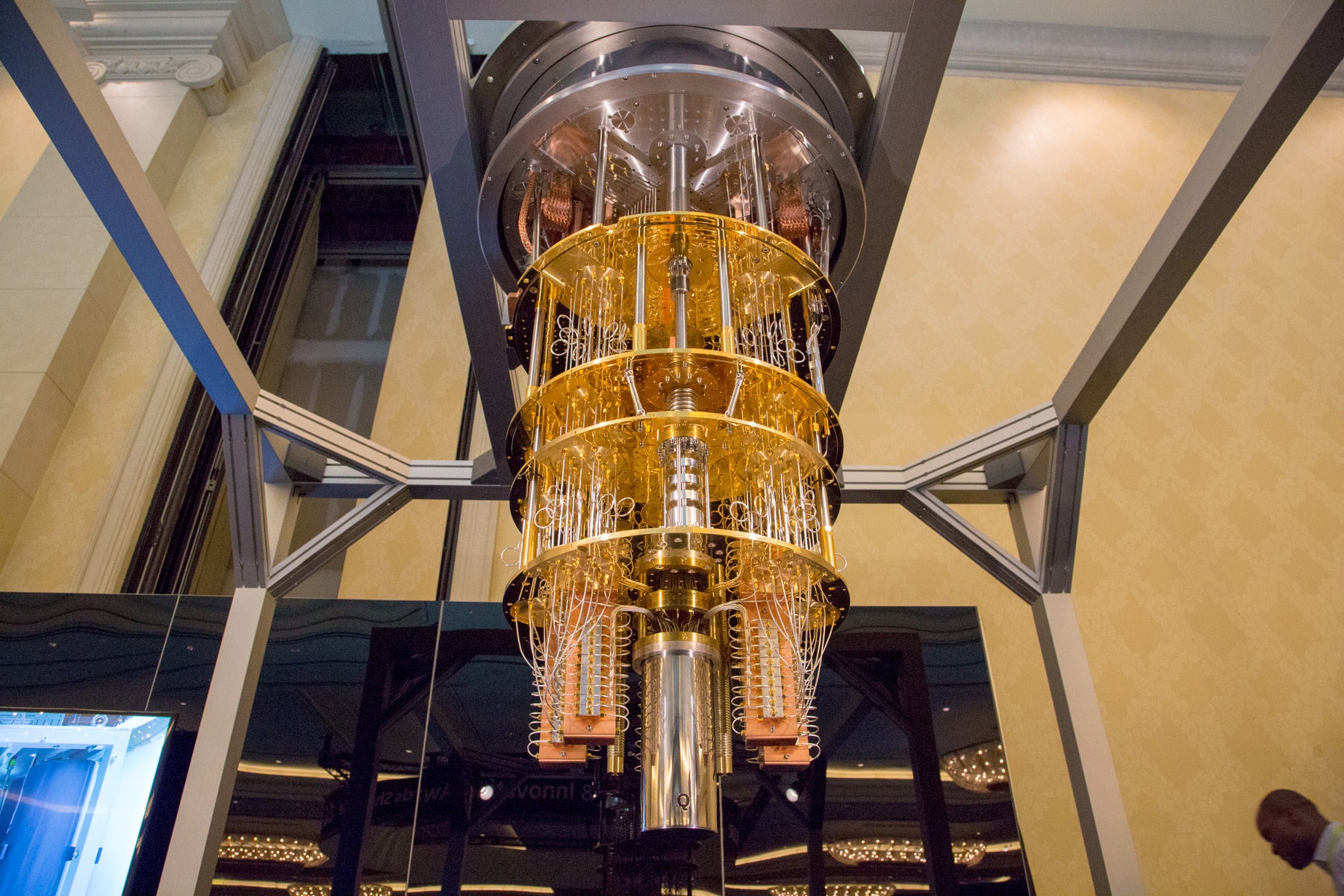
Russia's quantum technology research laboratory (Photo: ANS).
Only six countries have quantum computers of 50-Qubit or more, including Russia with two computers on two platforms: Ion and neutral atom.
Rosatom welcomes cooperation with Vietnam and proposes to start by inviting Vietnamese scientists to attend the largest international conference on nuclear power in Moscow, so that Rosatom can introduce the application of this technology in Russia and discuss specific cooperation opportunities.
In the Vietnam-Japan joint press release, the two Prime Ministers agreed to study the possibility of cooperation in the fields of semiconductors, artificial intelligence (AI), quantum, digital and green transformation, energy and strategic infrastructure.
This is a sign that CNLT has been included in the top-level cooperation agenda between countries.
Japan pledged to support Vietnam in enhancing research capacity in the semiconductor field through co-funding joint research cooperation projects on semiconductors within the framework of the NEXUS Program (Japan-ASEAN Network for Science, Technology and Innovation Cooperation), as well as studying the possibility of cooperation in the fields of artificial intelligence and quantum.
Institutions and policies to support development
Vietnam is building a legal and institutional framework to support the development of information technology. In the past 6 months, the Ministry of Science and Technology has developed and submitted to the National Assembly a series of important legal documents to amend in order to remove barriers and promote the strong development of science and technology and digital transformation.
Notably, the Law on Digital Technology Industry has just been passed by the National Assembly, along with many other specialized laws such as the Law on Technical Standards and Regulations, the Law on Product and Goods Quality, and the Law on Atomic Energy.
The Ministry is also drafting the Digital Transformation Law to submit to the National Assembly later this year.
Despite encouraging progress, Vietnam still faces many challenges in developing GDLT, especially when in Vietnam there is no unit or organization that invests in research and training on CNLT in a systematic and large-scale manner.
Vietnam with vision 2030 and sustainable development orientation
In the context of the current leaps in development of CNLT, Vietnam has a "golden opportunity" to promote research, education and application of CNLT.
Regular public lecture series, scientific seminars and professional training courses are being organized to help raise public awareness about the importance of this technology.
As world powers begin to protect their quantum sovereignty through export controls and research restrictions, Vietnam needs to ensure technological independence through mastering core technology.

This requires not only a strong source of financial investment, but also a long-term, persistent strategy and close cooperation between the State, businesses and the scientific community.
By 2030, Vietnam needs to aim to have at least a number of specialized research centers on CNLT, with a team of scientists well-trained at the world's leading universities.
International cooperation programs with Google, Rosatom, Japan... need to be fully and comprehensively implemented to create practical application products.
In addition, Vietnam should also have the ambition to become one of the countries with a complete vocational education system from undergraduate to postgraduate levels, with high-quality training programs that can compete with leading educational centers in the region.
Source: https://dantri.com.vn/khoa-hoc/tu-nhip-gap-nguyen-tu-o-chicago-den-giac-mo-viet-nam-2030-20250731231540329.htm



![[Photo] President Luong Cuong receives US Secretary of War Pete Hegseth](https://vphoto.vietnam.vn/thumb/1200x675/vietnam/resource/IMAGE/2025/11/02/1762089839868_ndo_br_1-jpg.webp)



![[Photo] Lam Dong: Images of damage after a suspected lake burst in Tuy Phong](https://vphoto.vietnam.vn/thumb/1200x675/vietnam/resource/IMAGE/2025/11/02/1762078736805_8e7f5424f473782d2162-5118-jpg.webp)

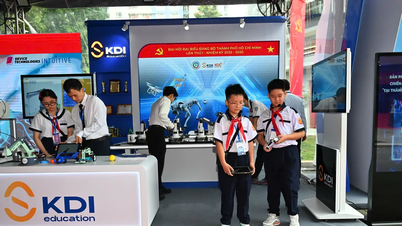

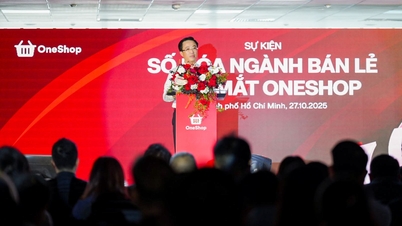

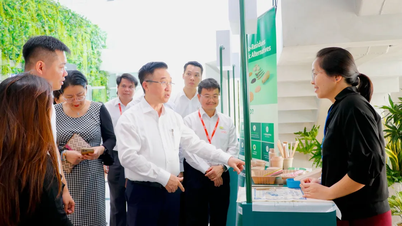
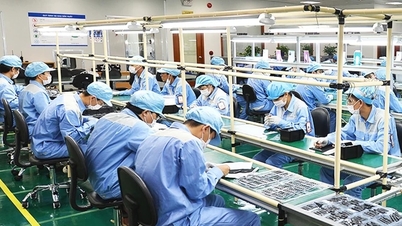

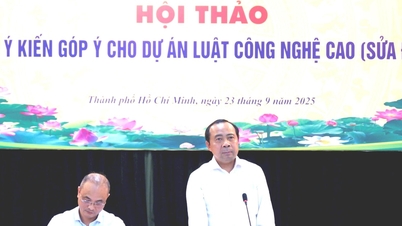


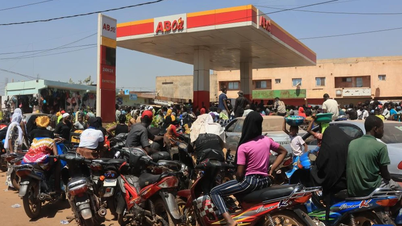


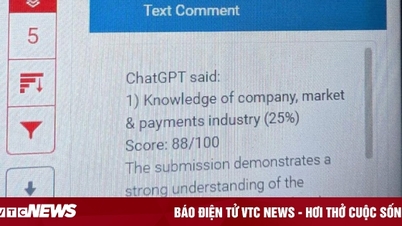

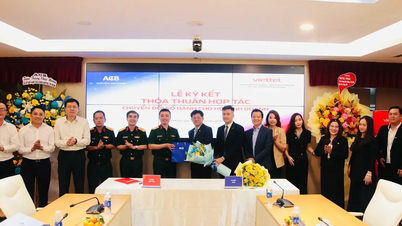
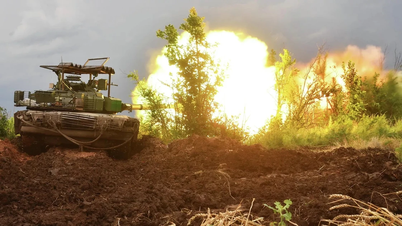












































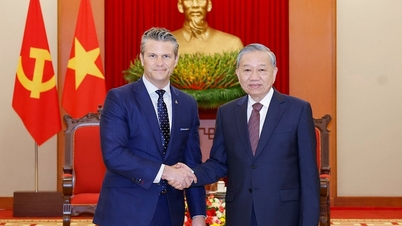



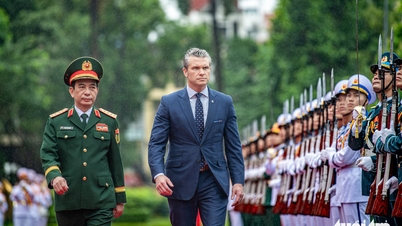
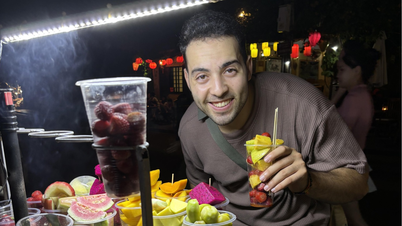




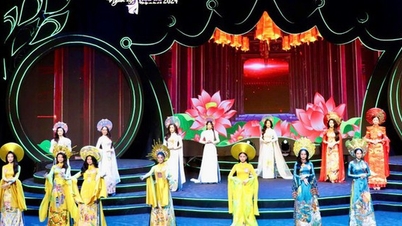

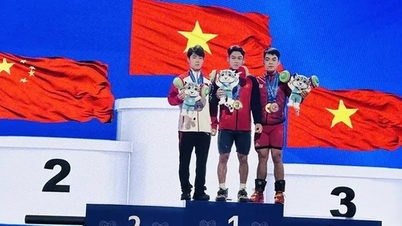
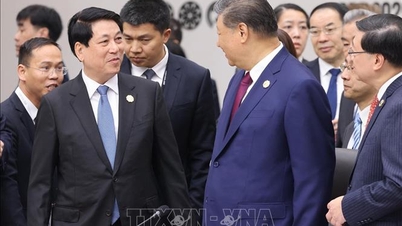

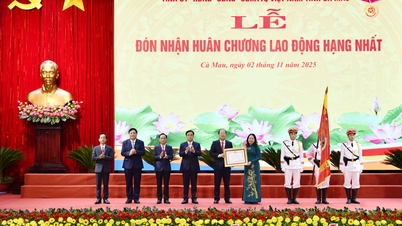




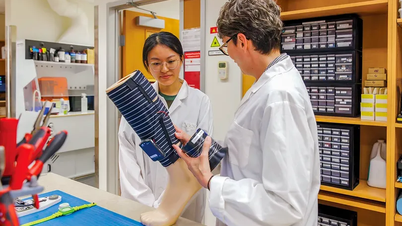
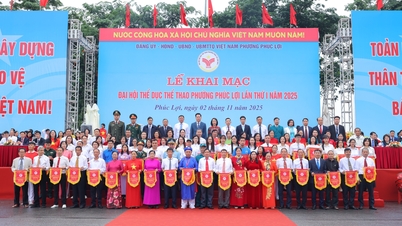
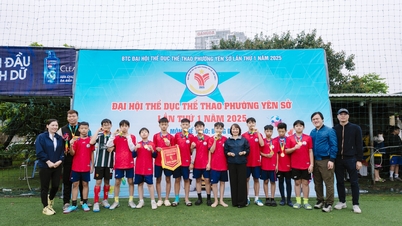
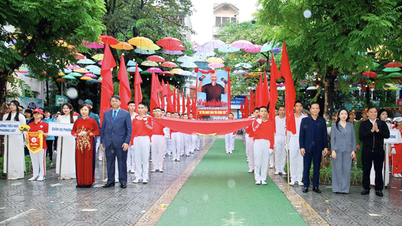















Comment (0)